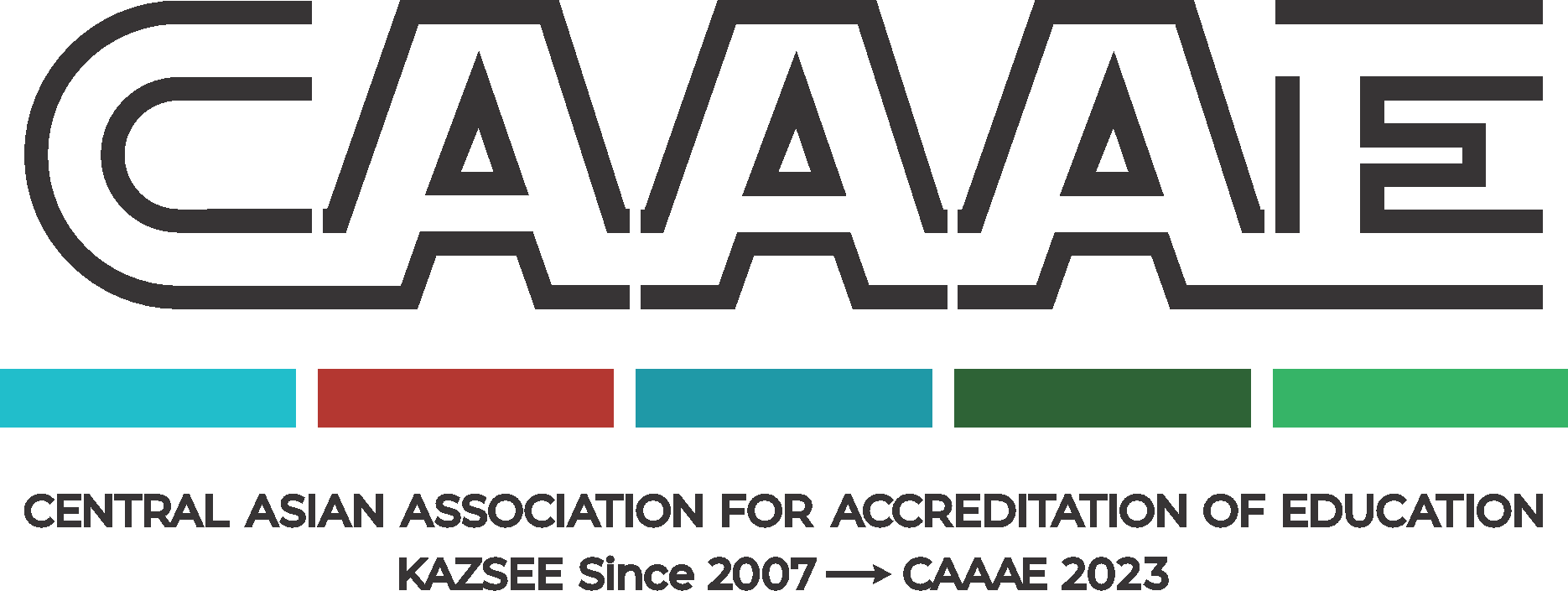ENAEE (European Network for Accreditation in the field of Engineering Education) – the EUR-ACE quality mark allows graduates of educational programs to be recognized in the countries of the European Union and is an indicator of the high quality of engineering education. The EUR-ACE accreditation standards can be used to evaluate programs in all fields of engineering at bachelor’s and master’s levels in accordance with the European Qualification System. The EUR-ACE quality mark also guarantees that the content of educational programs meets the standards of engineering education.
FEANI is a federation of professional engineers that unites national engineering associations from 34 countries of the European Higher Education Region (EHEA). Thus, FEANI represents the interests of more than 3.5 million professional engineers in Europe. FEANI strives for a unified voice for the engineering profession in Europe and wants to confirm and develop the professional identity of engineers. Through its activities and services, especially with the award of the professional title EUR ING, FEANI strives to facilitate mutual recognition of engineering qualifications in Europe and strengthen the position, role and responsibility of engineers in society. The General Secretariat of FEANI, which manages the activities of the federation, has been located in Brussels since the end of 1997.
IFEES was founded in 2006 at the International Conference of the American Society for Engineering Education in Rio de Janeiro, Brazil. Engineering education leaders from all over the world gathered to explore the possibilities of creating an international organization for engineering education societies. IFEES is proud to make efforts to unite the world’s engineering education societies and use the collective strengths of our members to improve engineering education worldwide. IFEX members represent diversity not only in cultures, but also in the interests of engineering education, from quality assurance to engineering education, from pedagogy to the role of technology in the classroom. IFEX member countries are expanding their global reach, and new relationships and collaborations are being created all the time through the IFEES global network.
The International Network of Quality Assurance Agencies in Higher Education (INQAAHE) was organized in 1991 and today it is a worldwide association that unites more than 200 organizations actively engaged in theoretical and practical solutions in the field of quality assurance of higher education. Most of the network’s members are quality assurance agencies operating around the world and engaged in assessing the quality of education based on various approaches. Among the members of INQAAHE there are also other organizations interested in issues of quality assurance of higher education (associate members of the network).
The International Society for Engineering Pedagogy (IGIP) (Vienna, AUSTRIA) was founded in 1972. The purpose of IGIP is to promote scientific methods of teaching technical disciplines, i.e. pedagogy and methodology. Today IGIP has a unique roster of international teaching engineers, each of whom has a level that meets IGIP requirements. There are 11 permanent working groups within IGIP, open to both members of the society and new ideas.
